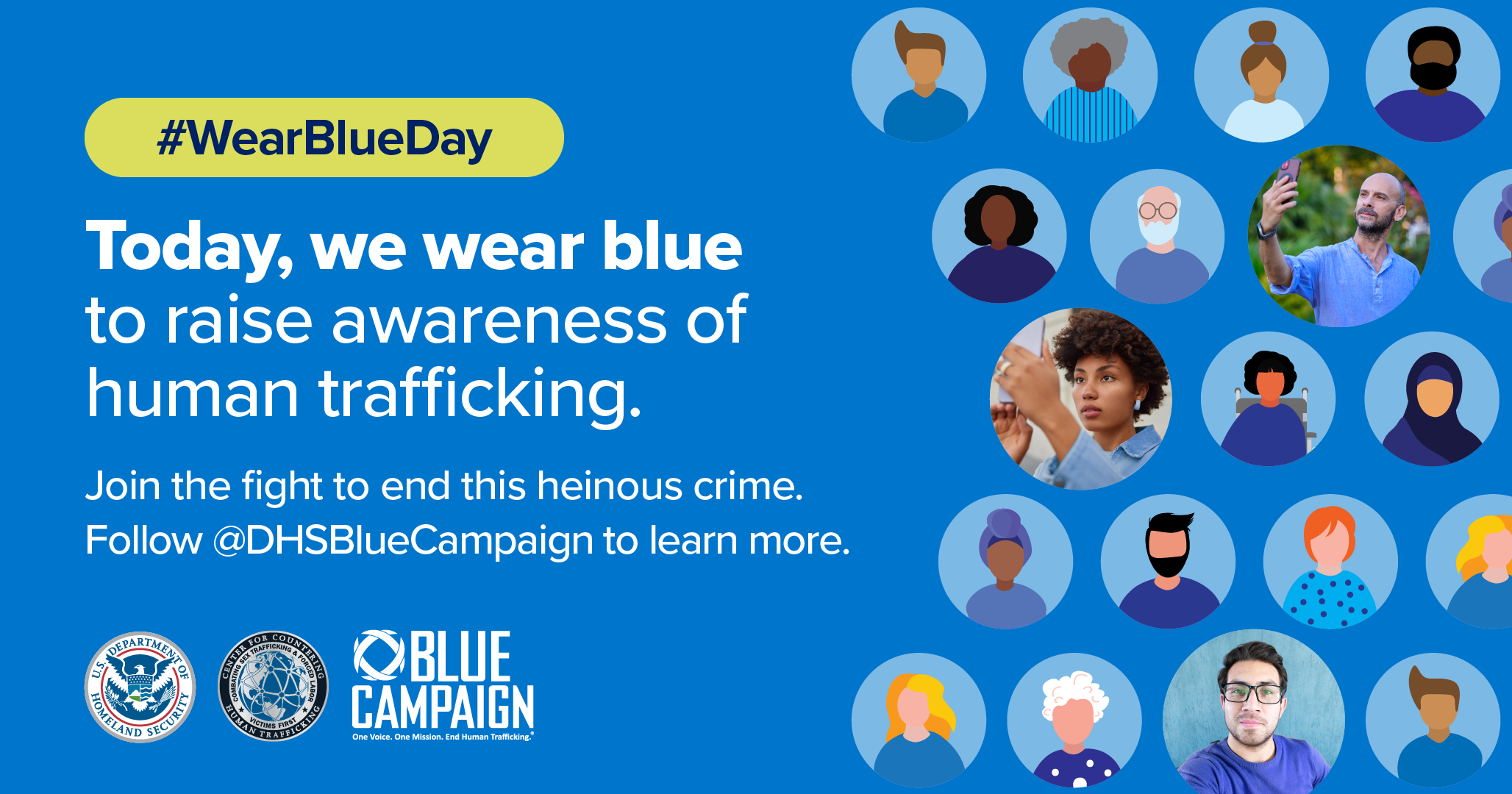PLEASE NOTE: The Student and Exchange Visitor Program (SEVP) ended its Coronavirus Disease (COVID-19) guidance on May 11, 2023, consistent with the end of the COVID-19 Public Health Emergency. As a result, all related statements, guidance and FAQs previously released by SEVP also terminated on May 11, 2023, and this content may be outdated. Learn more.
The Student and Exchange Visitor Program’s (SEVP) FAQs on the U.S. Immigration and Customs Enforcement (ICE) COVID-19 page are updated regularly and highlight some key guidance on managing student records. Below are answers to a few questions from designated school officials (DSO) on managing student records as a result of COVID-19.
How should DSOs handle Student and Exchange Visitor Information System (SEVIS) records for these students and what should be done for students who already applied for optional practical training (OPT)?
Student academic calendars and SEVIS records should be consistent. Schools should keep an official record of its academic calendar adjustment to provide to the U.S. Department of Homeland Security (DHS) if a request is made and as documentation for any appropriate changes in a student’s SEVIS record.
If class cancellations impact any student’s ability to maintain a full course load, do DSOs have to authorize a reduced course load (RCL) in SEVIS?
No, schools should not use the RCL functionality in SEVIS for students taking less than a full course of study due to limitations in providing classes or educational content as a result of COVID-19. Full course of study requirements can be waived as a direct result of the impact from COVID-19. If a student simply chooses not to participate in the alternative learning options available, they should seek a temporary absence.
How should DSOs handle records for graduating high school seniors who have returned to their home country to take online classes, but plan to return to start postsecondary studies at a U.S. college or university?
If the school is offering online classes and students can access those courses from outside of the United States and continue to make normal progress in their course of study, they may continue in Active status in SEVIS.
If students cannot engage in online study due to insufficient online access or if the school is not offering enough online courses to meet a full course load, students may enroll in less than a full course of study. Schools must provide this information SEVP as part of the required procedural change documents outlined in Broadcast Message: COVID-19 and Potential Procedural Adaptations for F and M Nonimmigrant Students.
Remember, once students are accepted for enrollment at an SEVP-certified college or university, the high school should initiate a transfer in SEVIS.
For more information and updates please refer to the Frequently Asked Questions for SEVP Stakeholders about COVID-19 on ice.gov/coronavirus.





